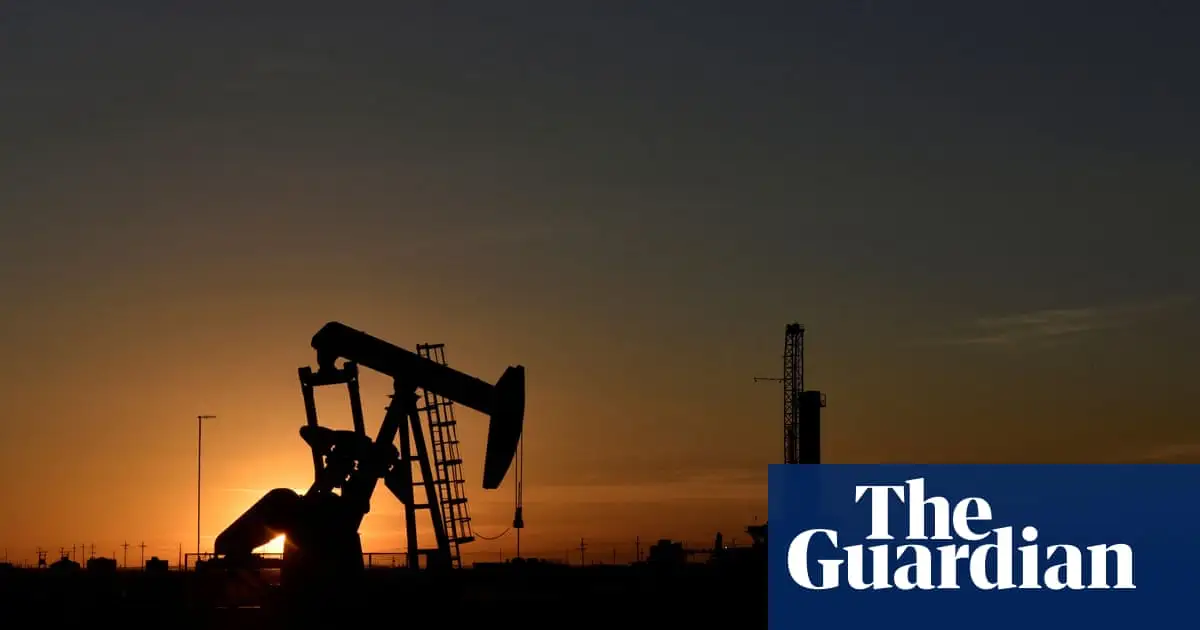- cross-posted to:
- climate@slrpnk.net
- cross-posted to:
- climate@slrpnk.net
Analysis reveals many big producers increased output of fossil fuels and related emissions in seven years after Paris climate deal
Archived version: https://archive.ph/n97OR
Cool, turn them off
Well yes, and we millions buy from them.
We need to do both: us individually turning away from their products AND regulate them into changing/closing.
It’s easier to change 57 companies than it is to change 8 billion people.
it’s a bit of a circular reference though, right?
Yeah those 57 cause 80% of CO2… but it’s because they’re gas/oil/coal companies and most of our houses and cars run off those. So we DO need to also change the end user.
The end user doesn’t care if their house is warmed by a gas furnace or an electric heat pump, so long as their house is warm and it’s affordable.
Those 57 companies are the ones that don’t want to change and they lobby, bribe, lie, cheat and steal to keep their hold on the market.
Those 57 companies are both the root cause of the problem and the easiest thing to change.
Yes but you still need to implement that change. You have to change millions of people’s houses to switch their type of heating And replace cars, etc It will require huge changes for individuals, you can’t just turn off the big oil companies as nice as it would be to have a simple fix
Oil companies are the reason we haven’t already made the change to electric transportation and renewable energy decades ago.
It could have already happened if it wasn’t for these companies trying to prevent it.
That isn’t exactly related to what we’re taking about. I’m not saying stopping the use of oil is bad, I’m saying it requires changes for the individual
Yes oil companies have lobbied, you also have people in industry that aren’t going to vote to remove their own jobs either. Makes it tricky. I don’t think we should have allowed companies to get away with this btw but historically I’m not sure public support would be there
You can’t magically change heating source for the whole affected households though. And the end user will definitely care in case of retrofit with the impact of the changeS needed. Plus costs unless you also magically address that but electricity is still very expensive.
During this period, the biggest investor-owned contributor to emissions was ExxonMobil of the United States, which was linked to 3.6 gigatonnes of CO2 over seven years, or 1.4% of the global total. Close behind were Shell, BP, Chevron and TotalEnergies, each of which was associated with at least 1% of global emissions.
In this long-term analysis, Chinese state coal production accounts for 14% of historic global C02, the biggest share by far in the database. This is more than double the proportion of the former Soviet Union, which is in second place, and more than three times higher than that of Saudi Aramco, which is in third.
Then comes the big US companies – Chevron (3%) and ExxonMobil (2.8%), followed by Russian’s Gazprom and the National Iranian Oil Company. After that are two investor-owned European firms: BP and Shell (each with more than 2%) and then Coal India.
The report is interesting but also a bit misleading. It includes all emissions from a product as being from the company that made it. So you buy a car and drive it around for 100 000km and the pollution from that driving is attributed to the company.
This point seems lost on most when they make their plastic straw complaints, it really speaks more towards there being too many monopolies.




